| Type | Liqueur |
|---|---|
| Manufacturer | Continental Distilling |
| Proof (US) | 53 |
| Ingredients | Whiskey and peanut |
Peanut Lolita is the name of a thick whiskey and peanut-based liqueur produced in the 1960s and 1970s. [1] The liquor was produced by Continental Distilling in Linfield, Pennsylvania. [2]
The label for Peanut Lolita features a belly dancing woman in a 1970s Middle Eastern inspired design. It was sold as a nutty dessert alcohol, sweet and gritty in texture. [1] [3] Peanut Lolita alcohol was 53 proof. [4]
Billy Carter was the official spokesperson for this liqueur while his brother, Jimmy Carter, held presidential office. [2] [5] [6]

A cocktail is a mixed drink, usually alcoholic. Most commonly, a cocktail is a combination of one or more spirits mixed with other ingredients, such as juices, flavored syrups, tonic water, shrubs, and bitters. Cocktails vary widely across regions of the world, and many websites publish both original recipes and their own interpretations of older and more famous cocktails.

Fortified wine is a wine to which a distilled spirit, usually brandy, has been added. In the course of some centuries, winemakers have developed many different styles of fortified wine, including port, sherry, madeira, Marsala, Commandaria wine, and the aromatised wine vermouth.
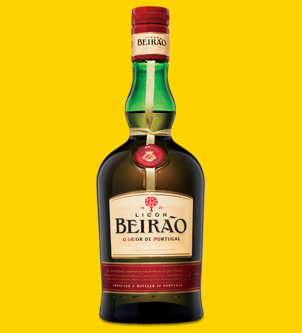
A liqueur is an alcoholic drink composed of spirits and additional flavorings such as sugar, fruits, herbs, and spices. Often served with or after dessert, they are typically heavily sweetened and un-aged beyond a resting period during production, when necessary, for their flavors to mingle.
Schnapps or schnaps is a type of alcoholic beverage that may take several forms, including distilled fruit brandies, herbal liqueurs, infusions, and "flavored liqueurs" made by adding fruit syrups, spices, or artificial flavorings to neutral grain spirits.

Anisette, or Anis, is an anise-flavored liqueur that is consumed in most Mediterranean countries. It is colorless and, because it contains sugar, is sweeter than dry anise flavoured spirits. The most traditional style of anisette is that produced by means of distilling aniseed, and is differentiated from those produced by simple maceration by the inclusion of the word distilled on the label. And while Pastis is a similar-tasting liqueur that is prepared in similar fashion and sometimes confused with anisette, it employs a combination of both aniseed and licorice root extracts. Sambuca is essentially an anisette of Italian origin that requires a high minimum (350g/L) sugar content.
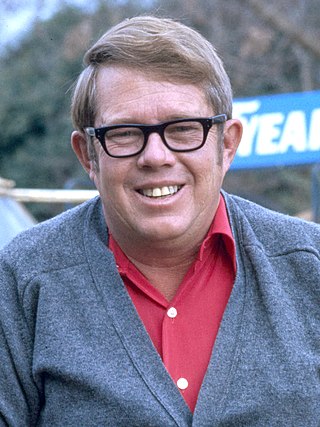
William Alton Carter was an American farmer, businessman, brewer, and politician. The younger brother of U.S. President Jimmy Carter, he promoted Billy Beer and Peanut Lolita; and he was a candidate for mayor of Plains, Georgia.
Apéritifs and digestifs are drinks, typically alcoholic, that are normally served before (apéritif) or after (digestif) a meal respectively.

Crème de Noyaux is an almond-flavored crème liqueur, although it is actually made from apricot kernels or the kernels of peach or cherry pits, which provide an almond-like flavor. Both Bols and Hiram Walker produce artificially colored red versions of the liqueur while Noyau de Poissy from France is available in both clear (blanc) and barrel-aged amber (ambre) versions.

Liquor or distilled beverage is an alcoholic drink produced by the distillation of grains, fruits, vegetables, or sugar that have already gone through alcoholic fermentation. Other terms for liquor include spirit, spirituous liquor or hard liquor. The distillation process concentrates the liquid to increase its alcohol by volume. As liquors contain significantly more alcohol (ethanol) than other alcoholic drinks, they are considered "harder." In North America, the term hard liquor is sometimes used to distinguish distilled alcoholic drinks from non-distilled ones, whereas the term spirits is more commonly used in the UK. Some examples of liquors include vodka, rum, gin, and tequila. Liquors are often aged in barrels, such as for the production of brandy and whiskey, or are infused with flavorings to form flavored liquors, such as absinthe.
Rectified spirit, also known as neutral spirits, rectified alcohol or ethyl alcohol of agricultural origin, is highly concentrated ethanol that has been purified by means of repeated distillation in a process called rectification. In some countries, denatured alcohol or denatured rectified spirit may commonly be available as "rectified spirit", because in some countries the retail sale of rectified alcohol in its non-denatured form is prohibited.
Domaine de Canton is a ginger-flavored liqueur made in France since 2007. Its earlier formulation was made in China from 1992–1997.
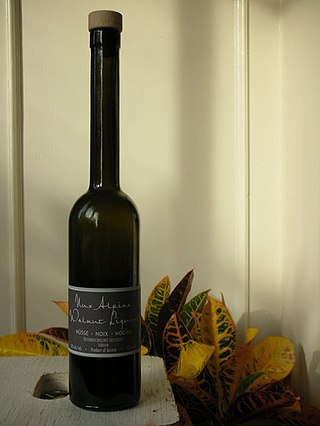
Nocino is a dark brown liqueur from the Emilia-Romagna region of Italy. It is made from unripe green walnuts. The walnuts and the liquor are handled using ceramic or wooden tools and placed in an alcoholic base. After steeping in spirit, the walnuts are removed and the alcohol is mixed with simple syrup. Nocino has an aromatic but bittersweet flavor. It may be homemade; villages and even individual families often have their own recipes, including different additions like cinnamon, juniper berries, lemon or orange zest, vanilla pods, coffee beans, or clove. The spices are added lightly, to avoid overpowering the flavour of the walnuts. A classic base consists of vodka. Nocino is also available commercially in bottled form. Commercially available nocino is typically 40 percent alcohol by volume, or 80 proof.
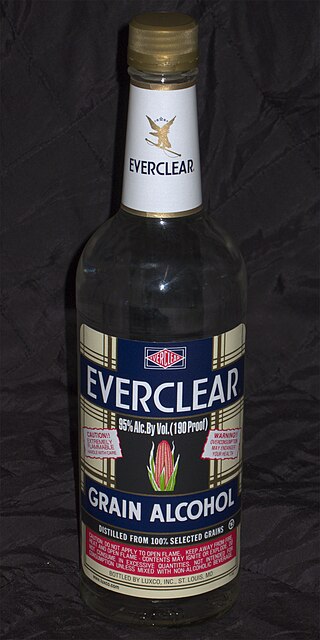
Everclear is a brand name of rectified spirit produced by the American company Luxco. It is made from grain and is bottled at 60%, 75.5%, 94.5% and 95% alcohol by volume. Due to its market prevalence and high alcohol content, the product has become iconic with a "notorious reputation" in popular culture. Sale of the 190-proof variant is prohibited in some states, which led Luxco to start selling the 189-proof version.

The aviation is a cocktail made with gin, maraschino liqueur, crème de violette and lemon juice. Some recipes omit the crème de violette. It is served straight up, in a cocktail glass.
Lemon liqueur is a liqueur made from lemons, liquor, and sugar. It is light to bright lemon yellow in color; intensely lemony in flavor; clear, cloudy, or opaque; and sweet or sweet and sour. Lemon zest is used, water may be added, and the liqueur is not sour. Milk or cream may be added to make a lemon cream liqueur. Lemon juice is not used to alter the taste and affect the stability of the lemon liqueur.
St-Germain is an elderflower liqueur. It is made using the petals of Sambucus nigra from the Savoie region in France, and each bottle is numbered with the year the petals were collected. Petals are collected annually in the spring over a period of three to four weeks, and are often transported by bicycle to collection points to avoid damaging the petals and thus affecting the flavour.
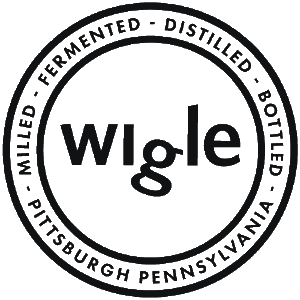
Wigle Whiskey is an artisan small batch whiskey distillery in the Strip District neighborhood of Pittsburgh. Wigle Whiskeys are the flagship products of Wigle Whiskey, which is entirely family owned and operated.
Peanut liqueur is a liqueur produced with peanuts.
An astro pop cocktail is a layered cocktail, mixed drink or shooter so named because it resembles the Astro Pop lollipop candy brand. Various recipes exist that use liquor and liqueurs to produce the drink. A version of the drink exists that is layered with red, white, and blue colors and served in a shot glass. It is a popular alcoholic beverage in some drinking establishments.